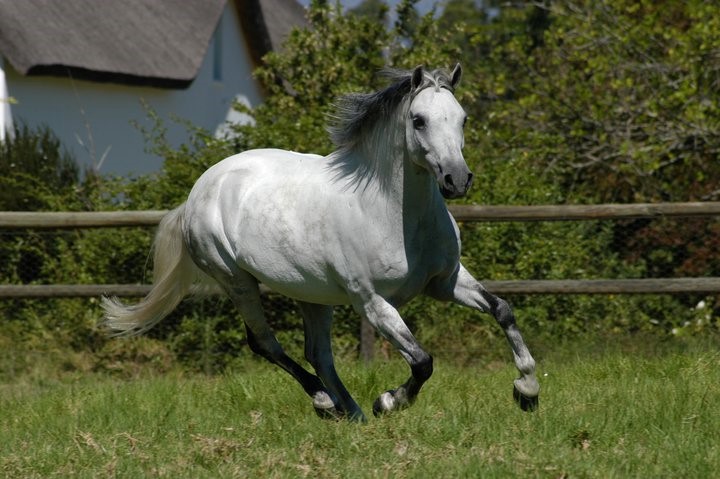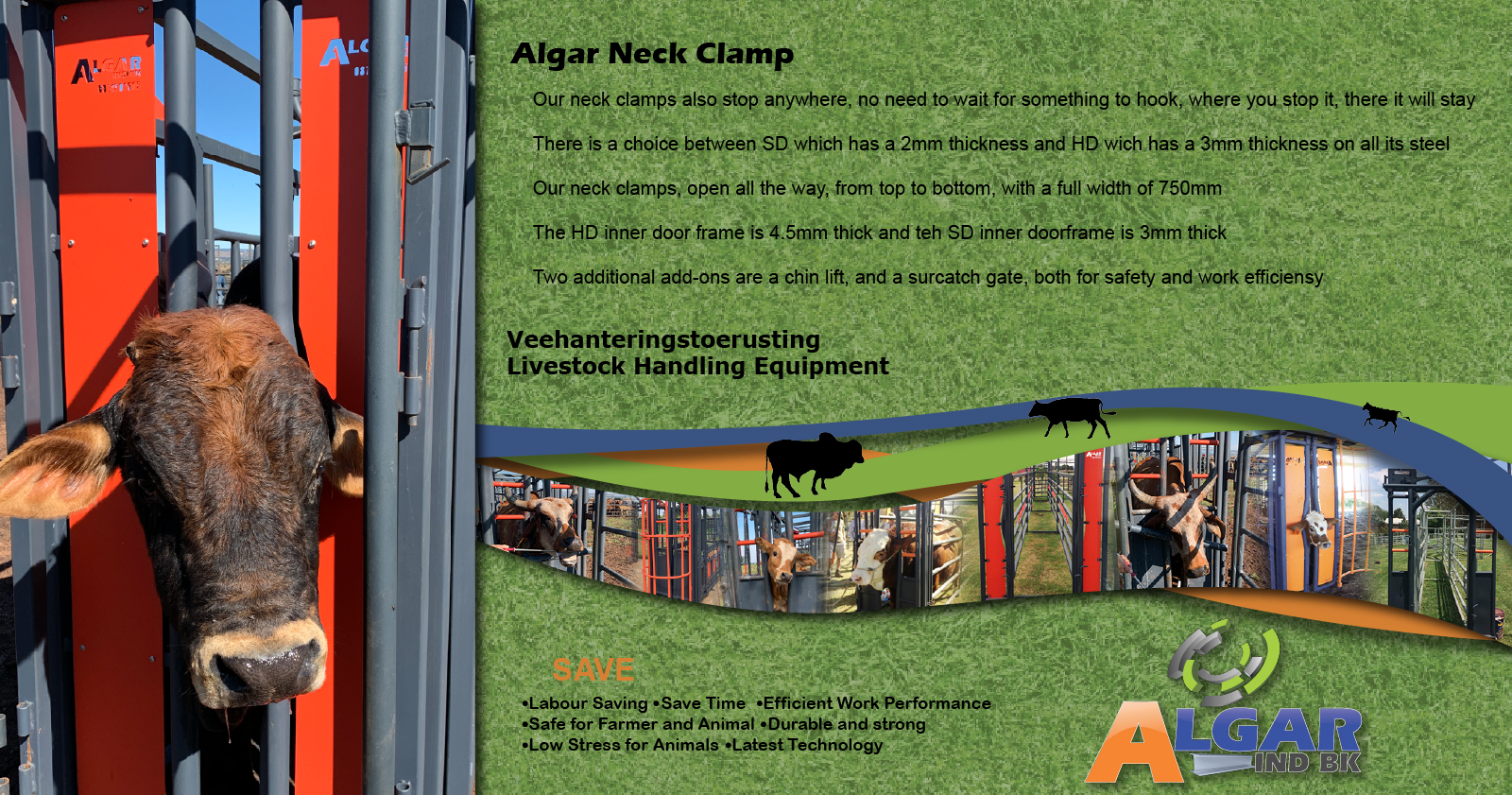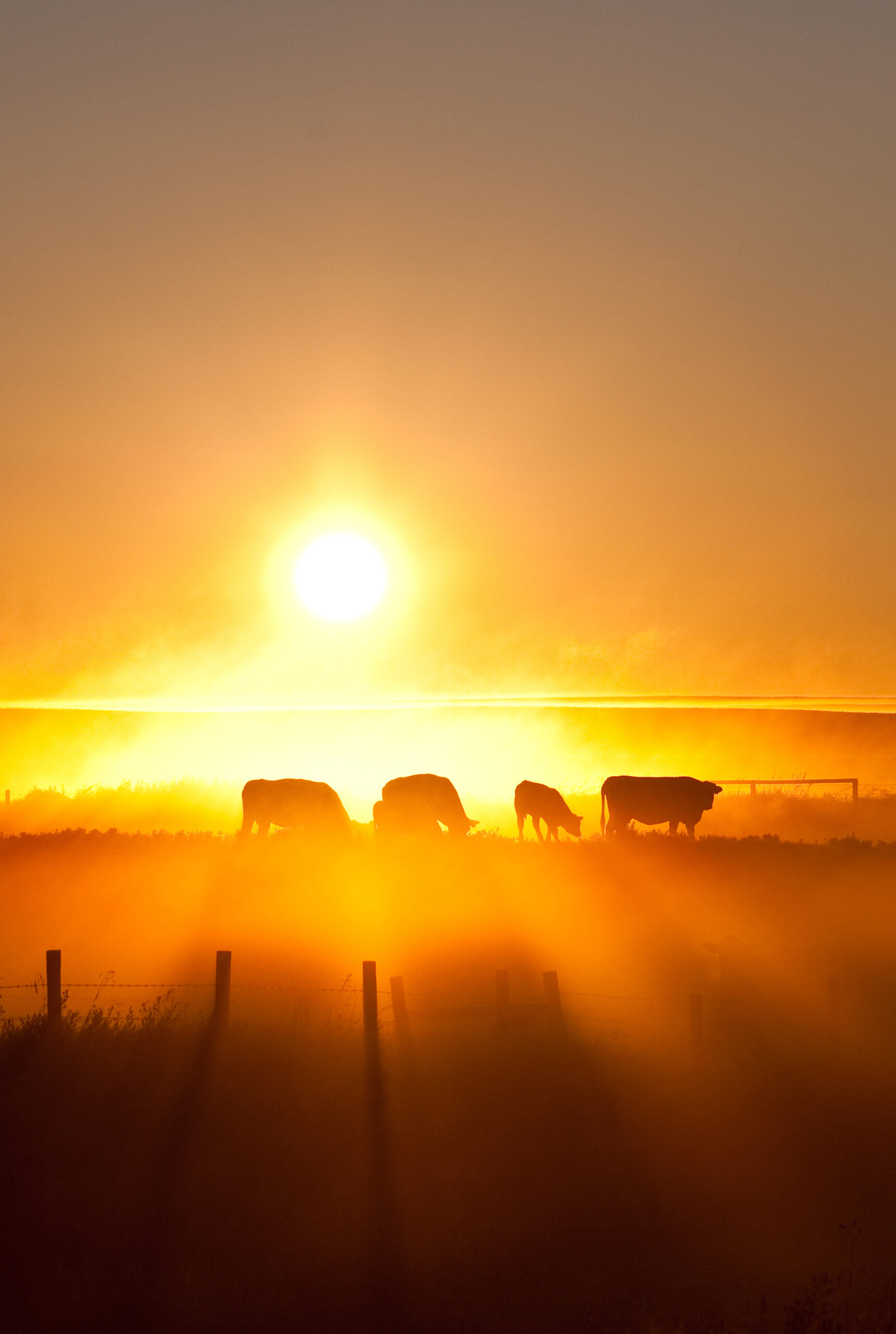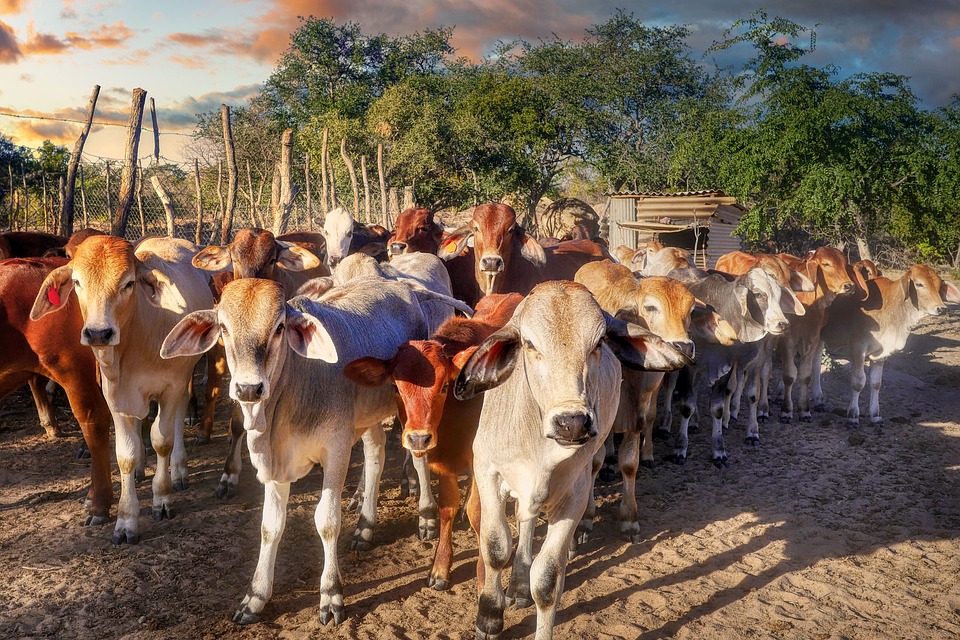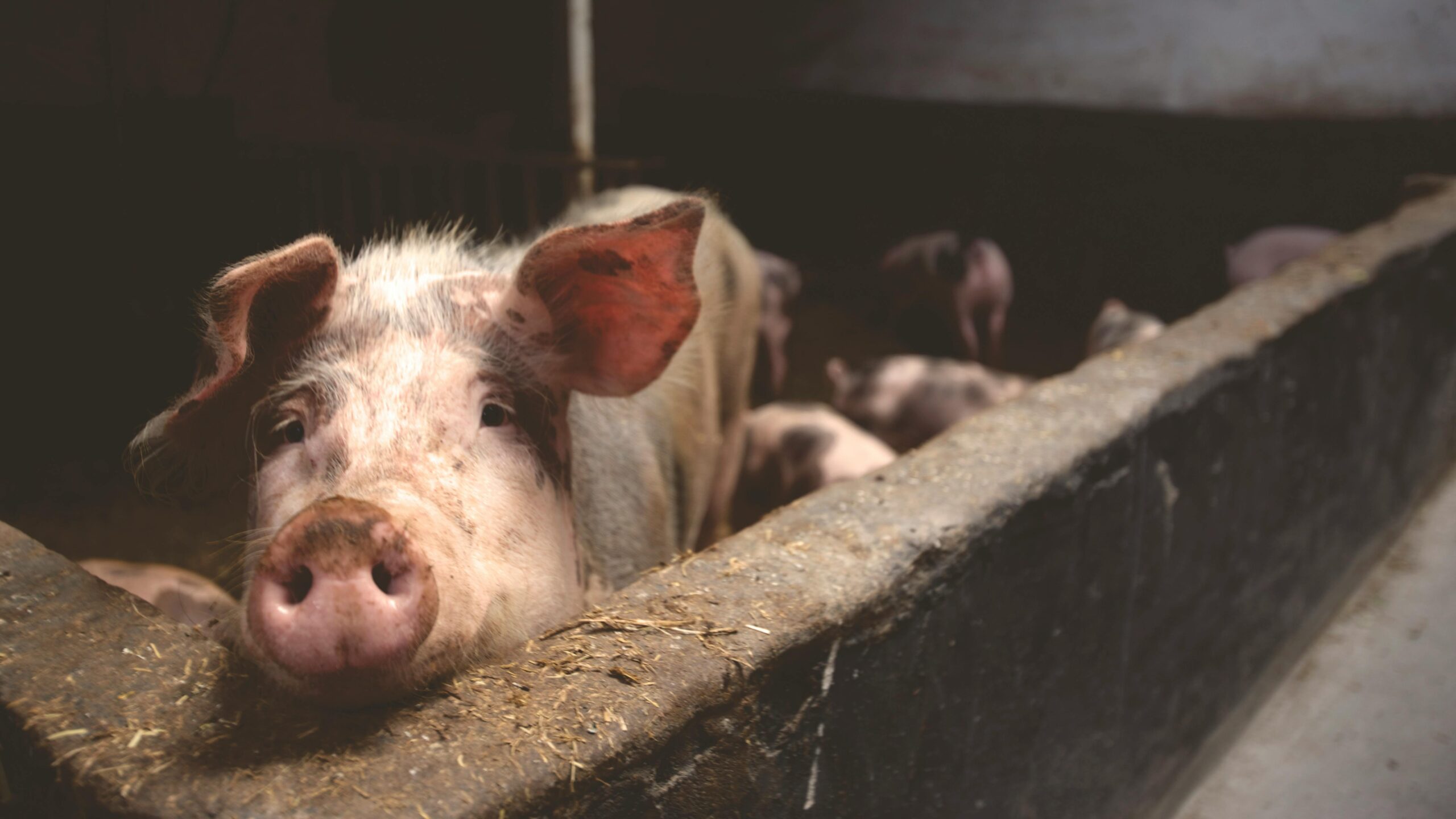As equine competition season ramps up, the South African Veterinary Council (SAVC) has emphasised the importance of horse owners getting their animals vaccinated against African horse sickness (AHS) by registered veterinarians – who must also certify their horse passports – to ensure healthy sporting and recreational activities for all.
AHS is a controlled and notifiable disease in South Africa, which means that any cases must be reported to a state veterinarian in your area.
According to the South African Equine Veterinary Association (SAEVA), it is vital for equine welfare and disease control that horse vaccinations (such as those required for competition, insurance or export purposes) are carried out by an SAVC-registered veterinarian.
In addition to AHS, horses should also be vaccinated against infectious diseases such as equine influenza, particularly if attending gatherings where other horses will be present.
Veterinarians must obtain documented proof of the horse’s identity (such as a microchip) from the owner when vaccinating the animal and certifying its horse passport, which allows for its free and safe movement to leisure and competitive events.
The South African Equestrian Federation recently published a communique on the vaccination protocols for equine athletes wanting to compete this season.
Dr Camilla Weyer, senior research officer and AHS control manager for South African Equine Health and Protocols, says it’s vital to vaccinate horses, donkeys, mules and their hybrids against AHS every year if they are within the AHS-infected zone or in the protection zone of the AHS-controlled area (the latter being in the Western Cape). This is because horses have varied responses to the seven serotypes (or virus variations) contained in the two vaccine doses.
“The registered AHS vaccine that we have in South Africa currently is a live attenuated vaccine produced by Onderstepoort Biological Products (OBP). This vaccine is made up of two bottles: you have two separate vaccines with three and four separate viruses in them, respectively,” she says.
Dr Mpho Maja, the Director Animal Health at the Department of Agriculture, Land Reform and Rural Development, says the OBP AHS vaccine is the only AHS vaccine registered under the Fertilizers, Farm Feeds, Agricultural Remedies and Stock Remedies Act (No. 36 of 1947) and, therefore, it is the only vaccine that may be legally administered to a horse to prevent AHS.
A vet will inject the vaccine into a horse to give it a very low, weakened AHS infection, in order to cause an immune response that will hopefully provide protection should the horse later be infected naturally with a field virus.
“Most horses will not have a complete immune response to all seven serotypes after one dose of each bottle, and therefore repeated vaccination is needed to obtain what we refer to as polyvalent immunity, meaning immunity to all the serotypes,” Dr Weyer says.
“Some horses will still not respond to all seven serotypes even after repeated vaccinations, and this is why we sometimes see AHS clinical cases and even deaths in vaccinated animals.”
Dr Weyer cautions that the risk with the live vaccine is that it has the potential to revert to the more virulent strain on which the weakened strain is based. This could potentially cause disease that could be transmitted from a vaccinated horse to an unvaccinated horse via the bite of a Culicoides midge. For this reason, It is recommended that horses are vaccinated against AHS between 1 June and 31 October every year, to reduce the risk of the above events happening.
However, she adds, your horse is far more likely to contract AHS naturally than from the vaccine – so vaccination is still essential. “The responsible use of the live attenuated vaccine, at the correct time of year in an endemic area [the AHS-infected zone outside of the AHS-controlled area], is still the mainstay of prevention and should be done.”
Horses may not compete in events within seven days of being vaccinated.
Dr Weyer says movement control is often overlooked as a method of control within the AHS-infected area, with the main focus always being on movement control into the AHS-controlled area. Movement is still going to be the biggest reason for outbreaks when it comes to the spread of viruses, she adds.
“When they are moved, horses with mild infections can become further stressed and then succumb to disease, leading to the further spread of the virus to other populations. So this is something to consider when moving horses at high-risk times of the year such as late summer, or from an area where you are aware there are active cases of AHS,” she notes.
What else should horse owners note to prevent AHS outbreaks?
- Use products and insecticides containing DEET and cypermethrin on the horse to repel the Culicoides midge that carries the AHS virus
- Use shade cloth on all building and stable openings to create a physical barrier to the midges, and keep horses in these structures during high midge activity times (before sunset and after sunrise)
- Try to avoid stressful conditions (such as moving vast distances) for your horse during the peak season for AHS (late summer to early autumn)
- Follow responsible vaccination practices with a registered product at the correct time of year, giving your horse enough time to develop an immune response before peak AHS season
Notes for vets on AHS vaccination control and records for their clients:
- Veterinarians are not permitted to administer a vaccine provided by a client and then sign the horse’s passport – the vet must both supply and administer the vaccine in order to certify any vaccination
- A horse passport is only valid when signed by a registered veterinarian – this applies to both the identification and the vaccinations within the passport
- The veterinarian must be the custodian of a horse’s vaccination history in order for them to certify vaccinations in any document – stable records are not regarded as valid vaccination certificates or veterinary records, unless the veterinarian keeps these as well
Source: South African Veterinary Council (SAVC)

